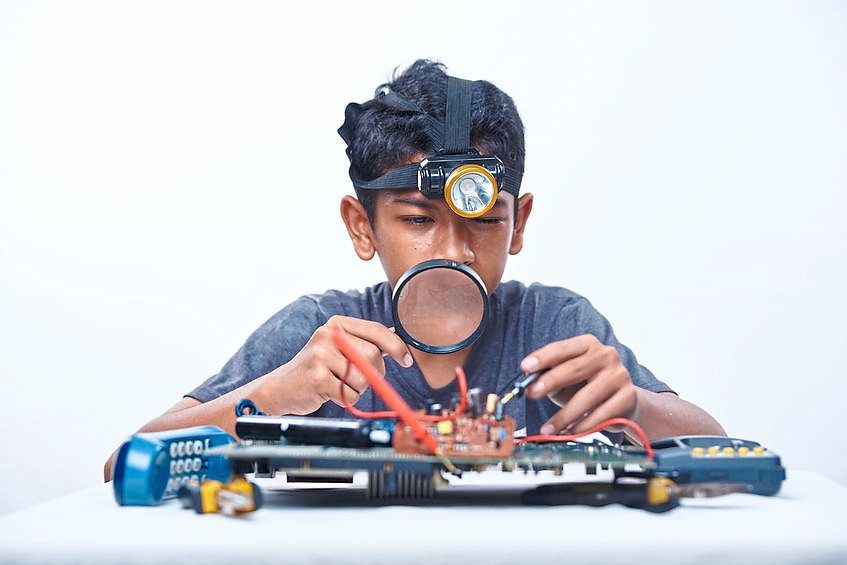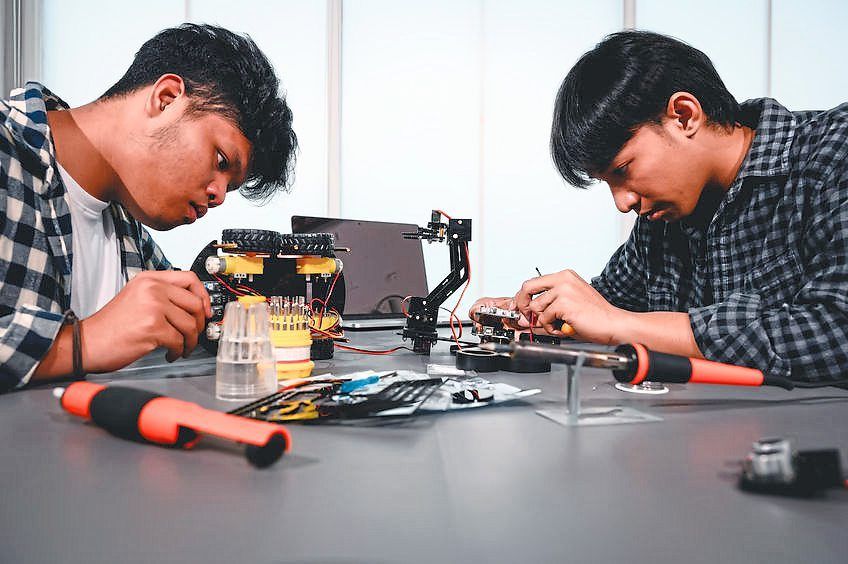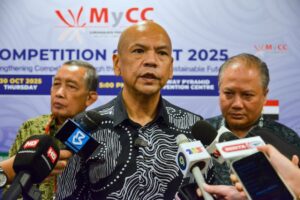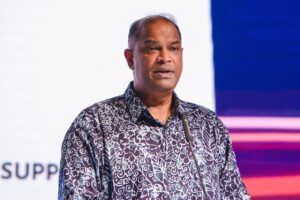THE kampung boy done good. The small town lass gone global. The estate kid struck rich. These success stories used to be common in our collective consciousness.
As economist Lee Hwok-Aun points out (See his commentary The 13th Malaysia Plan: Distinctive but difficult aspirations?), previous generations in Malaysia had risen above their parents’ stations by “acquiring education, migrating to cities, and securing stable jobs”. However, data shows that such upward pathways have narrowed over the years. Notably, the upward social mobility challenge appears to be a global phenomenon and Malaysia is not exempted.
Recognising this, the government has made enhancing social mobility for all, especially youths, a key theme in its 13th Malaysia Plan 2026-2030 (13MP).
Structural inequalities
In a country like Malaysia where education access is widespread and economic development is said to be steady, it may appear baffling that many Malaysians, especially the younger generation, remain trapped in low-wage work, underemployment, or face limited upward mobility despite having higher education qualifications.
It’s not for lack of ambition, but rather the culmination of structural inequalities that limit access to real opportunities, according to a February 2025 report titled A Fresh Take on Reducing Inequality and Enhancing Mobility in Malaysia, which was prepared by the World Bank in collaboration with the Economy Ministry.
Addressing socioeconomic gaps is especially important to Malaysia at this juncture, and it’s not just about improving the lives of the people, as critical as that is – it is also about increasing the country’s productivity.
For Malaysia to achieve high-income nation status, the country needs to roughly double its rate of productivity growth from the previous 30 years, says the World Bank.
“Doing so requires removing barriers to fair competition, making better use of underutilised labour, particularly of women and underemployed young skilled workers, and improving the education system so that it provides them with the skills employers demand and prepares workers for the jobs of the future.”
With the right policies, fairer pathways to progress for the new generation can be created, the World Bank stresses.
It is not surprising that the government has drawn up a host of initiatives and policies – including some of the recommendations put forward in the World Bank report – in 13MP to boost social mobility for all Malaysians, especially youth.
Experts welcome these proposals, but stress that it is crucial to ensure they are implemented in a way that reaches those who need them the most.
Start early in life
If Malaysia wants its children to thrive later in life, the foundations must be laid early.
“Labour earnings are the most important source of income for most Malaysians. They are driven by workers’ human capital, which depends on their access to good- quality health, education, and other opportunities when they are young.
“Opportunities start to diverge early in life and compound,” the World Bank report says.
While there are already many policies by the government to tackle inequality in the country, the 13MP proposals intend to further strengthen the policies and broaden access by tackling the most current needs, including focusing on improving early life interventions, youth economic empowerment, and underemployment in the labour market.
The World Bank report notes that the existing policies were helpful in closing access gaps, but may no longer be sufficient or appropriate as Malaysia moves forward as a high-income and developed economy.
It is also more cost-effective to focus on strategies that address foundational gaps, which have lifelong effects, than it is to tackle bigger gaps later in life through more costly interventions.
“For instance, financing access to higher education or facilitating public sector employment jobs through quotas or preferential access not only tend to benefit the better-off within the group, who have made it through the educational system, but also are much more expensive than focusing on early childhood education and skills.”
The importance of addressing foundational inequalities is acknowledged in the 13MP as the government says it plans to enhance the wellbeing of children in the country by improving the management of their nutritional needs as well as ensuring equal access to quality education and holistic social protections.
“In addition, the views of children will be taken into account in decision- making processes at various levels, including through the Children’s Representative Council, as a step towards building a future generation that is aware and competitive.”
Putrajaya is also looking to explore new and progressive policies to introduce age limits for gadget use to reduce the risk of negative impacts on children’s mental and emotional development.
“These are positive moves in principle,” says Datuk Dr Pamela Yong, chairman of the Institute of Strategic Analysis and Policy Research (Insap), an independent think tank.
“But the real challenge lies in implementation. Rising living costs make healthy choices less affordable, and with women’s labour force participation still low, many households struggle to balance care responsibilities and income.”
Preschool may have been made compulsory now in an effort to ensure early education for all children, but the reality is “overcrowded classrooms, limited resources, and preschool fees that are still out of reach for some families”, Yong says.
“People in rural areas see this even more acutely.”
Still, some relief may be on the way, Institute of Strategic and International Studies (Isis) Malaysia researcher Hanson Chong points out.
Concurring on the equality of access, he highlights that the 13MP does earmark an unspecified amount for the “provision of educational facilities, including preschools” and “the construction and upgrading of government hospitals and clinics nationwide”.
If the government is serious about moving closer to fairer starting points, Yong says there are three areas for improvement: expand targeted nutrition programmes and social protection schemes in high poverty and underserved communities, increase investment in early childhood education infrastructure and teacher support, and focus on improving access to early childhood education.
Adding to that, Chong says the government should have information interventions on the importance of prenatal care targeted at rural and marginalised communities.
The real bottleneck
Expanding access to education is important, but the real bottleneck is the shortage of high-value jobs, says Yong.
“Malaysia still struggles with a shortage of high-quality jobs and wage stagnation, and youths in rural or remote areas face significant digital gaps that make it harder to compete.
“Programmes may exist on paper but outreach and take-up are often limited, meaning the benefits don’t always reach those who need them most.”
The 13MP attempts to address the lack of high-value jobs for youths by promising to intensify efforts to increase youth participation in emerging sectors such as digital and green and blue economies.
Policies related to this will focus on economic empowerment, improved quality of life, and preparing future-ready youths to form a capable and competitive next generation to enhance social mobility, according to the 13MP.
Here’s also where another early life intervention could be helpful: Yong says science, technology, engineering, and mathematics (STEM) education is often misunderstood as being all about facts and formula, but it is really about creativity, exploration, problem- solving, and critical thinking.
“Embedding this mindset early on will make our workforce more adaptable and innovative, and ultimately more competitive in the global economy,” she says.
There are some other things that are just as important for youth’s social mobility that are often glossed over, with Yong saying mental health support is critical for disadvantaged youths while Chong points to social capital as a key determinant of upward social mobility.
Mismatched and misaligned
The World Bank highlights a similar issue about the lack of high-value jobs in its report.
It says that while enhancing education outcomes is important, an increase in worker skill and productivity without an accompanying rise in high-skilled job creation will only result in greater skill-related underemployment.
This is because right now, many Malaysians are working in jobs that don’t make full use of their education and skills.
“While the economic structure of Malaysia is starting to shift towards high-value-added services, the employment structure remains more dependent on low-skilled services.”
This misalignment of the labour market’s supply and demand is also an issue that the government is tackling in the 13MP.
One of the proposals to address this issue is to rationalise various labour platforms in the country into a single, unified platform to enhance national workforce planning.
“All information related to labour supply, including training and talent availability, as well as labour demand, will be coordinated through this platform.
“This initiative will allow for the coordination of all training and skills programmes in an integrated and comprehensive manner,” says the 13MP.
Chong says this unified labour platform may prove to be useful in matching some individuals with appropriate jobs, but he points out that similar services already exist in the market. These existing platforms, he says, could be leveraged for the same goal without expending government resources.
At the same time, Yong says a unified labour platform will not be able to resolve graduate underemployment on its own because it does not address the “structural” root causes. The root causes, she says, are a misalignment between our education system and industry needs, weak collaboration between universities and employers, and curricula that has not kept pace with new industries.
“Malaysia’s economy has been slow in transitioning to high-value, innovation-driven activities. This really points to the need for a total overhaul of our economic structure.
“If Malaysia is serious about creating a high-income economy, we must push our value chain up the economic complexity scale, moving away from resource-based exports towards more complex, high-value activities that demand the skills our graduates can offer.”









